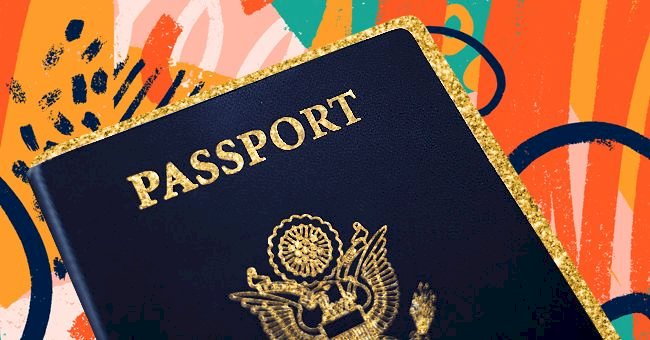
Answers To Frequently Asked Questions Around Travelling During The Pandemic
You are at risk of getting COVID-19 during your travels. Staying home is your safest option but its not always possible. There may be unexpected reasons to travel.
“Don’t travel if you are sick or if you have been around someone with COVID-19 in the past 14 days. Don’t travel with someone who is sick,”
But if you are experiencing cabin fever and need a change of scenery or urgently need to travel, you may have some important questions. Here are some answers to frequently asked questions (FAQs) about traveling during the pandemic:
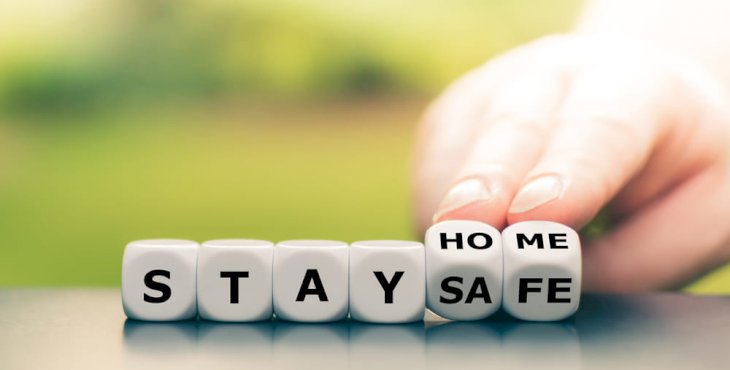
Shutterstock
1. Does Traveling To Campgrounds Pose A Risk?
Going camping when the country is experiencing a community spread of COVID-19 is risky. The risk is more if you share public facilities like picnic sites and restrooms.
If you are exposed to the virus in a remote area and get very ill, you may not have access to medical care. Many public parks -local, state, and national - have been temporarily closed due to COVID-19, so make inquiries before you set off.
2. Is Flying Safe? What About International Travel?
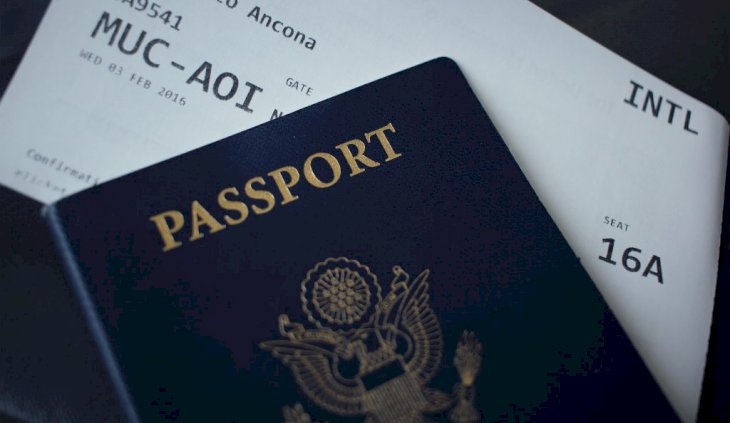
Photo by Nicole Geri on Unsplash
Flights are risky - the longer the flight, the greater the risk of infection - but if you really must travel, take all the necessary precautions. Take a window seat to reduce the number of people you come into contact with.
Keep your mask on throughout the flight and try not to use the restroom during the flight if there is a queue. Sanitize, sanitize, sanitize!
3. How Do I Protect Myself If I Am Using Public Transport?
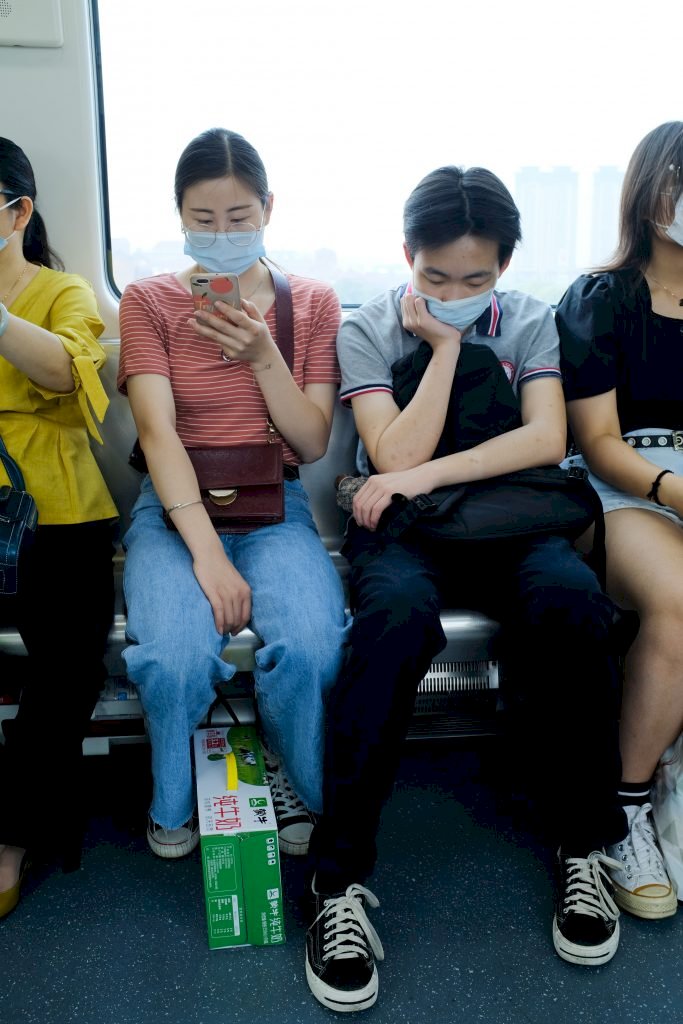
Photo by Zhang Kenny on Unsplash
Wash your hands or use a hand sanitizer before embarking on a journey and again on return. Don't touch your eyes, nose, or mouth.
Practice social distancing — keep at least 6 feet away from people who are not in your household — when you are waiting at a bus station or selecting seats on a train. Wear a mask.
4. If I Travel, How Do I Reduce My Risk Of Getting Sick?
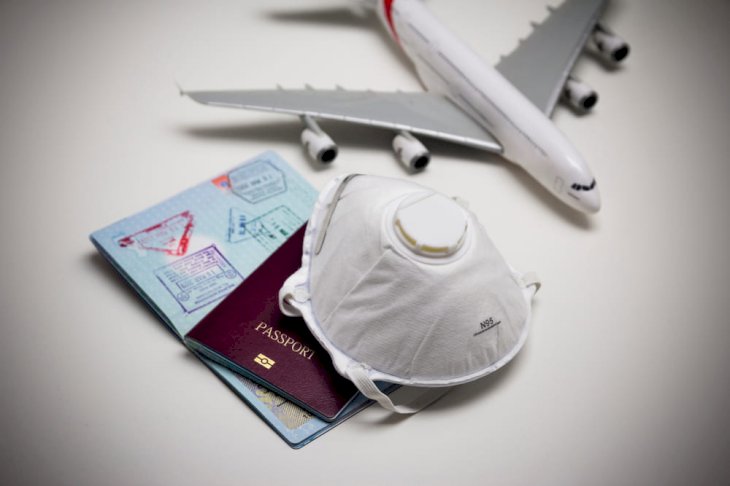
Shutterstock
If you decide to travel, then being up to date with routine vaccinations like the measles-mumps-rubella (MMR) vaccine and the seasonal flu vaccine are a good start. Follow the social distancing and hand hygiene guidelines. Wear a mask and avoid contact with anyone who is sick, and don’t travel with someone who is ill.
Suppose you want to buy food while out, the safest options are drive-thru, take-out, and curbside pick-up. Follow state and local requirements or recommendations after you return from travel.
5. What Is The Safest Travel Option?
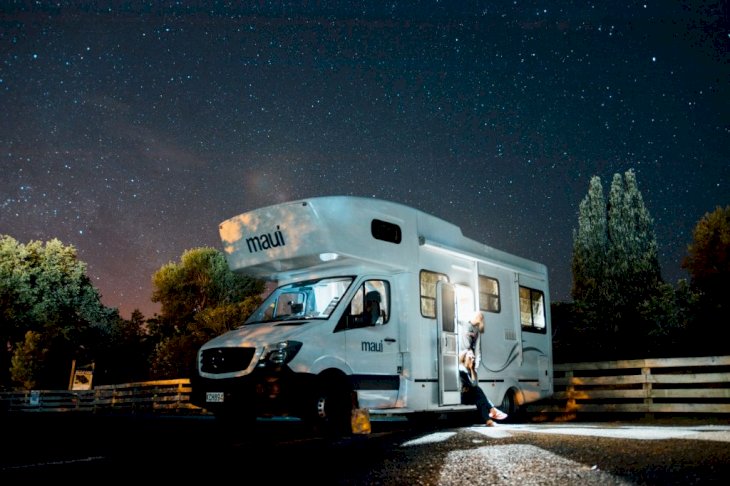
Photo by Hanson Lu on Unsplash
According to Cosmopolitan, if you really must travel, road tripping in an RV with your own bathroom seems the safest option. The other option suggested is renting out an entire home, instead of staying at a hotel with many common areas or Airbnb, where you can’t be sure of the host’s hygiene levels.
Staying home is still the safest option.
For more information, refer to the CDC website or your local government's health department.